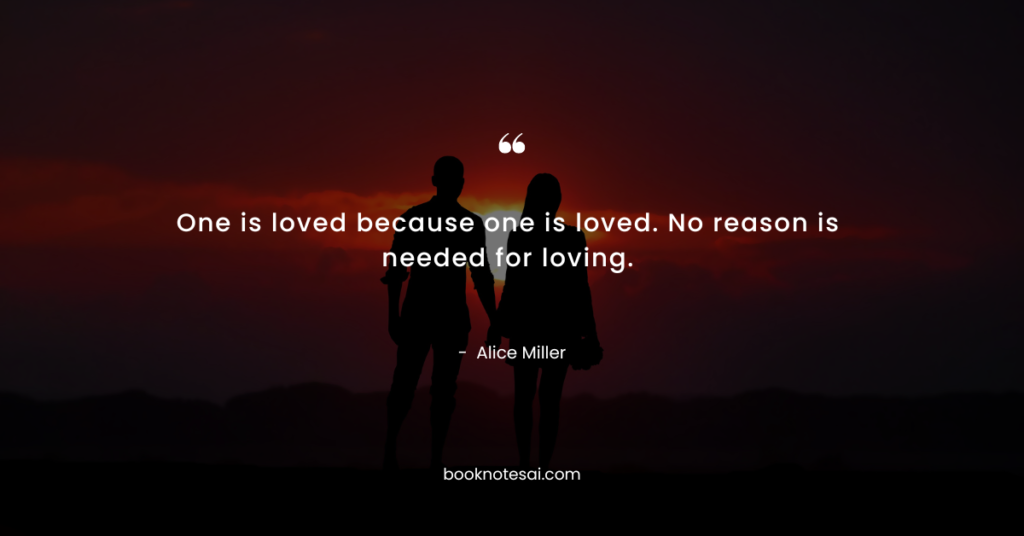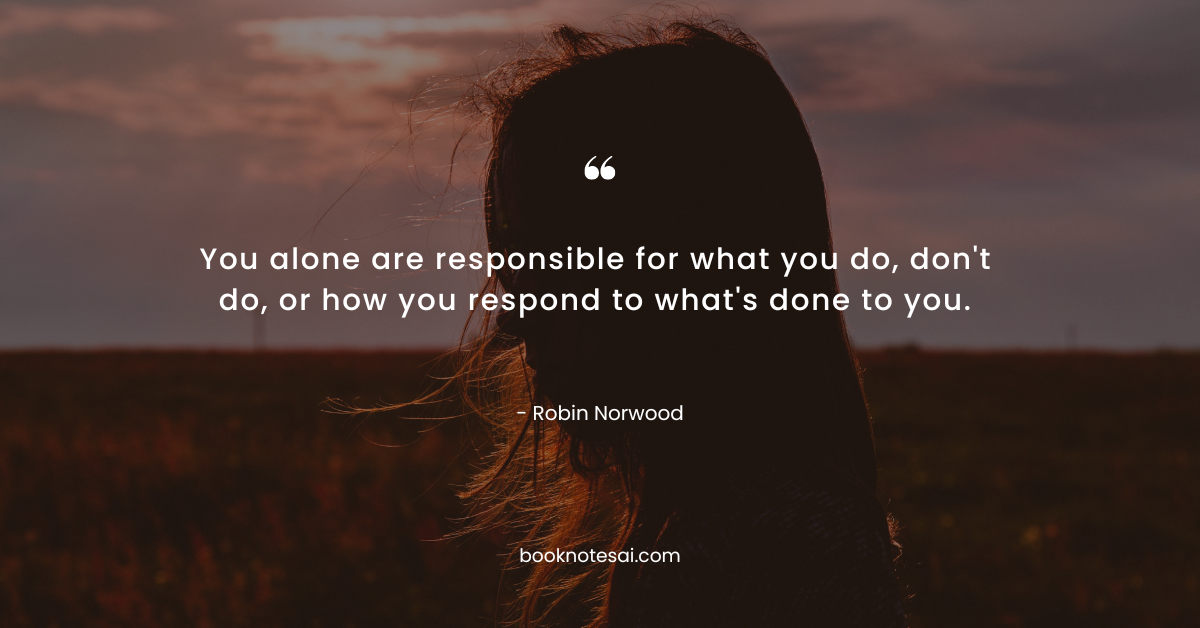Listen To This Post
The Drama of the Gifted Child Summary: The Search for the True Self. Unlocking the Secrets of Personal Growth.

This is a book summary for The Drama of the Gifted Child by Alice Miller. The most essential information is streamlined and structured to be practical, straightforward, and incredibly valuable, all while saving you tons of time.
Introduction: Why this book?
- In The Drama of the Gifted Child, Alice Miller delves into the intricacies of childhood experiences and their profound impact on our adult lives, offering readers a roadmap to self-discovery.
- By investing time in understanding Miller’s concepts, you embark on a transformative journey to unveil the layers of your true self, gaining insights that can reshape your relationships and personal well-being
The Drama of the Gifted Child Summary:
- Miller explores how childhood emotional experiences shape adult behaviors, revealing the hidden struggles of seemingly gifted individuals.
- The author emphasizes the importance of acknowledging and addressing repressed emotions for genuine self-discovery.
- Through poignant case studies, Miller illustrates how breaking the cycle of emotional repression is crucial for leading a fulfilling life.
- The book highlights the role of empathy and understanding in healing, encouraging readers to embrace vulnerability for authentic connections.
- Miller challenges conventional parenting notions, urging readers to foster an environment that nurtures a child’s true self rather than conforming to societal expectations.
💡 5 Big Ideas
- Embracing Vulnerability: Miller advocates for embracing vulnerability as a path to genuine self-discovery, fostering authentic connections.
- Repressed Emotions and Adult Behavior: The book explores how unacknowledged childhood emotions influence adult behavior, offering insights into breaking destructive patterns.
- Healing through Empathy: Miller underscores the healing power of empathy, both for oneself and others, as a transformative force.
- Parenting for Authenticity: The author challenges conventional parenting norms, emphasizing the importance of nurturing a child’s true self over societal expectations.
- Breaking the Cycle: The book inspires readers to break the cycle of emotional repression, unlocking the potential for a more fulfilling and genuine life.
In The Drama of the Gifted Child, Alice Miller weaves these ideas into a tapestry that teaches us to navigate the complexities of our emotions, relationships, and self-worth.
Powerful Quotes
- “The true opposite of depression is neither gaiety nor absence of pain, but vitality – the freedom to experience spontaneous feelings.”
This quote emphasizes the essence of vitality as the antidote to depression, rooted in the genuine expression of emotions. - “The first step on the way to change is acceptance. Acceptance of the present moment as it is, and acceptance of yourself as you are.”
Miller guides us towards change through the profound act of accepting ourselves and our current circumstances. - “The tragedy of a man who lives in the world of the unreal is not that he perceives it falsely, but that he does not care about what is real.”
This quote highlights the consequences of living in denial and the disconnection from reality it brings. - “The greatest evil is not radical, it has no roots, and because it has no roots, it has no limitations, it can go to unthinkable extremes and sweep over the whole world.”
Miller warns against the insidious nature of evil when it lacks a foundation, urging us to address its root causes. - “One is loved because one is loved. No reason is needed for loving.”
This quote explores the simplicity and purity of love, emphasizing its unconditional nature. - “Learning is a result of listening, which in turn leads to even better listening and attentiveness to the other person.”
Miller advocates for active listening as a catalyst for continuous learning and improved relationships. - “Experience has taught us that we have only one enduring weapon in our struggle against mental illness: the emotional discovery and emotional acceptance of the truth in the individual and unique history of our childhood.”
This quote underscores the significance of emotional awareness and acceptance in the battle against mental illness. - “If it’s very painful for you to criticize your friends – you’re safe in doing it. But if you take the slightest pleasure in it, that’s the time to hold your tongue.”
Miller guides us in discerning the intentions behind our actions, cautioning against deriving pleasure from criticism. - “The true self must be drawn up like a jewel from the bottom of the sea, rescued from confusion, from indistinctness, and vagueness.”
This metaphorical quote encourages the deliberate and thoughtful process of uncovering one’s true self from the depths of life’s complexities. - “We have to learn to recognize that no one belongs to us, and that we are not entitled to demand ownership.”
Miller challenges possessiveness in relationships, advocating for a more liberated and respectful approach.
One Reason To Read This Book:
The Drama of the Gifted Child offers a profound exploration of the intricate relationship between childhood experiences and adult behaviors, providing a transformative road-map for self-discovery and personal growth.
Who should I recommend The Drama of the Gifted Child Summary to?
If you are curious about the impact of childhood experiences on your adult life or seek insights into fostering genuine connections, this summary is for you.
It’s especially beneficial for parents looking to understand the dynamics of nurturing a child’s true self.
Recommendations:
- The Body Keeps the Score by Bessel van der Kolk
- Parenting from the Inside Out by Daniel J. Siegel and Mary Hartzell
- Podcast: “Unlocking Us” by Brené Brown
This summary serves as a complimentary guide to the reviewed title The Drama of the Gifted Child, offering key insights. For a deeper understanding, we encourage you to explore the full book.


